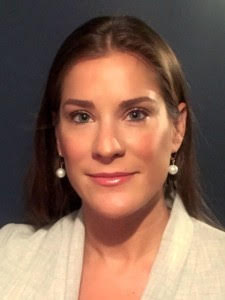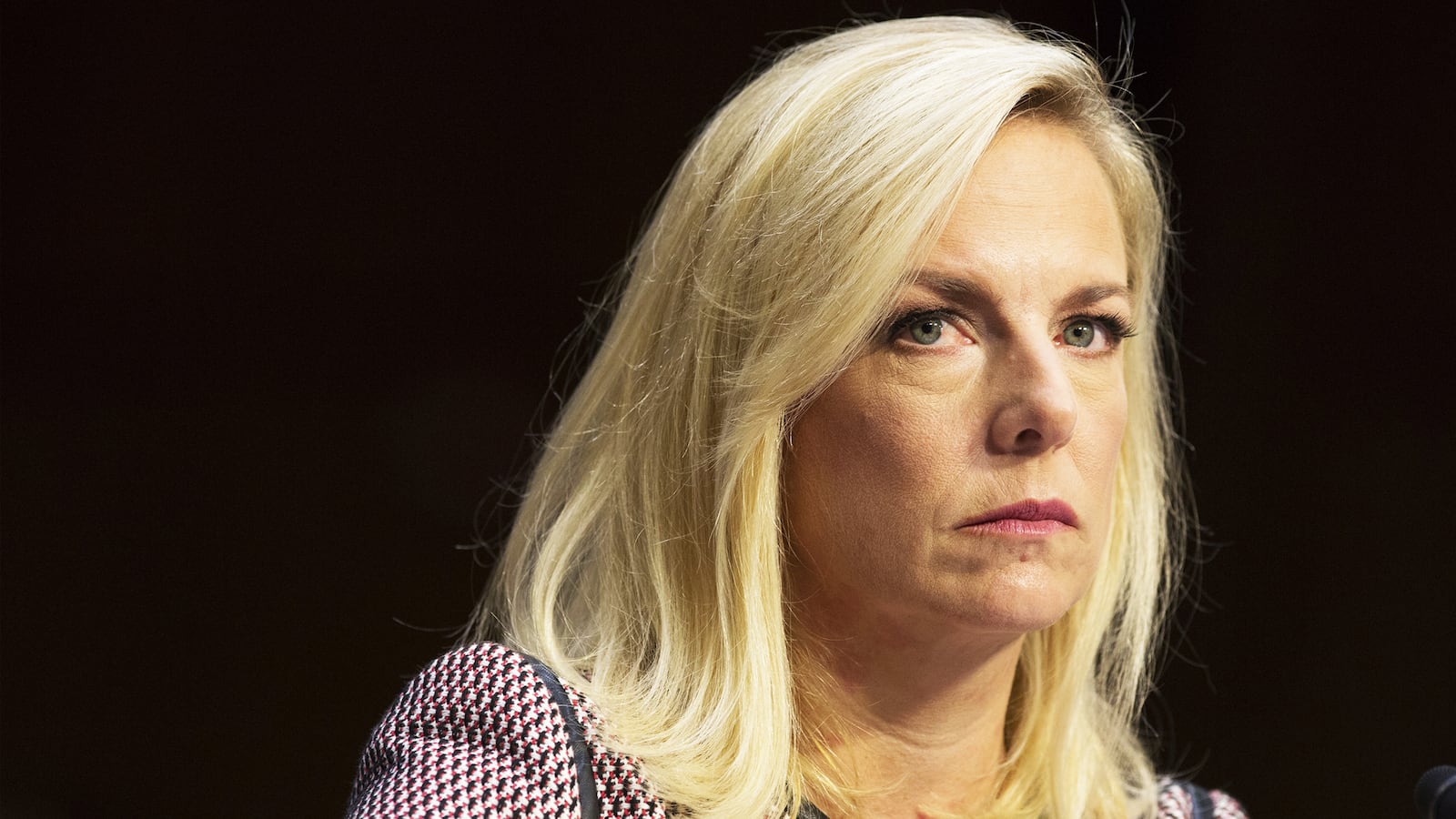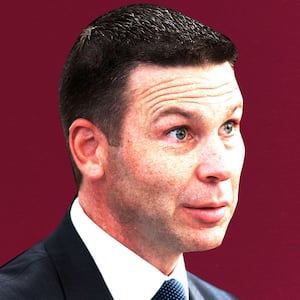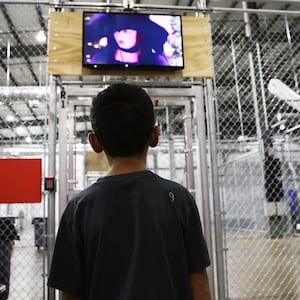Dear Secretary Nielsen,
When I was a child I read every book I could find about the Holocaust. I am not Jewish, so the stories I read were not my family’s story, but they nevertheless consumed me as I tried to make sense of what made some ordinary people choose to hurt their neighbors, while others chose to risk their lives to save strangers. I hoped that I was the kind of person that would have made the right choice.
Eventually, I grew up, and became an immigration lawyer. Over the past ten years, I have represented hundreds of asylum seekers in immigration court and before U.S. Citizenship and Immigration Services. I also worked for eleven months as an asylum officer for the Department of Homeland Security adjudicating asylum applications on behalf of our government. I still have friends who work in various immigration capacities for the government, including for ICE, and I know decent and intelligent men and women who still work there.
I am not “dirty,” as the President and former Attorney General have called immigration lawyers in their speeches, and the asylum process, overall, is not “a scam.” I do not tell my clients to lie and I don’t help people if I have reason to believe that they are lying. I have seen enough photographs of people’s murdered loved ones, seen their scars from beatings, electrocutions and cigarette burns, read forensic psychiatric reports detailing the PTSD, depression, and anxiety that rape survivors experience, to know that humans can be brutally evil to one another and that our asylum laws provide human beings crucial, life-saving protection.
So, last summer I traveled to southeast Texas to help parents and children who had been separated at the border and detained at the Karnes Detention Center under your agency’s family separation policy. E and her ten-year-old son M were the first family to seek legal help. They had been separated for thirty days—during which time E did not know where her son had been. They had been reunited at Karnes just 48 hours earlier.
M would not look at me and could barely maintain eye contact with his mother. E explained that her son was both clingy and angry with her since they had been reunified; he rejected her attempts to hug and touch him but he insisted on sharing her single bed at night. E was extremely worried about what had happened to him during the separation and what effect it was going to have on him long-term.
E told us about how she had been raped and beaten at gunpoint for nine months in Honduras by a man who worked as an assassin for the police. He had threatened to kill her son if E did anything to stop the abuse. When E had tried to get away from him, he found them and renewed his threats to harm her son.
As you must know, E’s story is not unique; men can do whatever they want to women in Honduras with impunity. The police, government, mafia and gangs are all connected, and conditions for women and children have only gotten worse since the U.S.-backed coup in 2009. After enduring three more months of brutal rapes, E decided that her only hope for safety was to seek asylum with her son in the United States.
E and her son crossed the Rio Grande on a raft and sought out the border patrol to request asylum. They were transported to a Customs and Border Patrol facility and immediately separated; E placed in a cold room; her son taken elsewhere in the facility with the other children in a large cage-like enclosure inside a warehouse that resembled a dog kennel. Women and children were kept on separate sides of the enclosure and were told not even to look at each other. Your officers threw cookies and partly-frozen, partly-rotten sandwiches at the women. E heard officers telling other women to drink from the toilets if they were thirsty.
The women were then shackled and transported to criminal court to be prosecuted for misdemeanor illegal border crossing where they were all sentenced to time-served. When they returned, their children were gone. When E asked for information about her son’s whereabouts, your officers told her that he had been given to Donald Trump and sent off to war. They told her that this was her fault for bringing him to the United States and that she should not ask any more questions about where he was.
Over the next thirty days E did not know what had happened to her son. She witnessed your officers literally ripping small children out of the arms of their screaming mothers. She watched as one mother desperately chased a bus full of children, screaming and crying for her child who was on board.
At some point during the separation E was able to speak to M on the phone. M did not know where he was and spent the call crying and yelling at his mother to come and get him, but E was powerless to help him. She had brought him to the United States to keep him safe, but instead of finding a safe haven she found your family separation policy, and the America that you believe was made safer because of it.
After I first met E and M, they were transported to a different detention facility where they were held for four-and-a-half more months as your agency attempted to deport them. Thanks to the efforts of the ACLU and many volunteer lawyers, including myself, M, who celebrated his 11th birthday in prison, is now living safely with his mother in Brooklyn. E reports that her son is moody, sensitive, and full of anger at her, yet hyper-vigilant about her whereabouts – E says he is not the same child that he was before they left Honduras. Nor has she been told where he was or what happened to him during their separation.
These are the consequences of the choice that you made when you did not resign in honorable protest of the family separation policy. Instead, you defended this cruel, immoral, and useless policy before Congress, despite knowing about its abuses. You may try to distance yourself from the choice you made, or perhaps say that it was a choice to follow someone else’s orders, but the fact remains that you made the wrong choice.
E, M and the countless thousands of children your choice damaged — some still separated from their families — cannot forget. I cannot forget either.
Sincerely, Kate Chaltain







